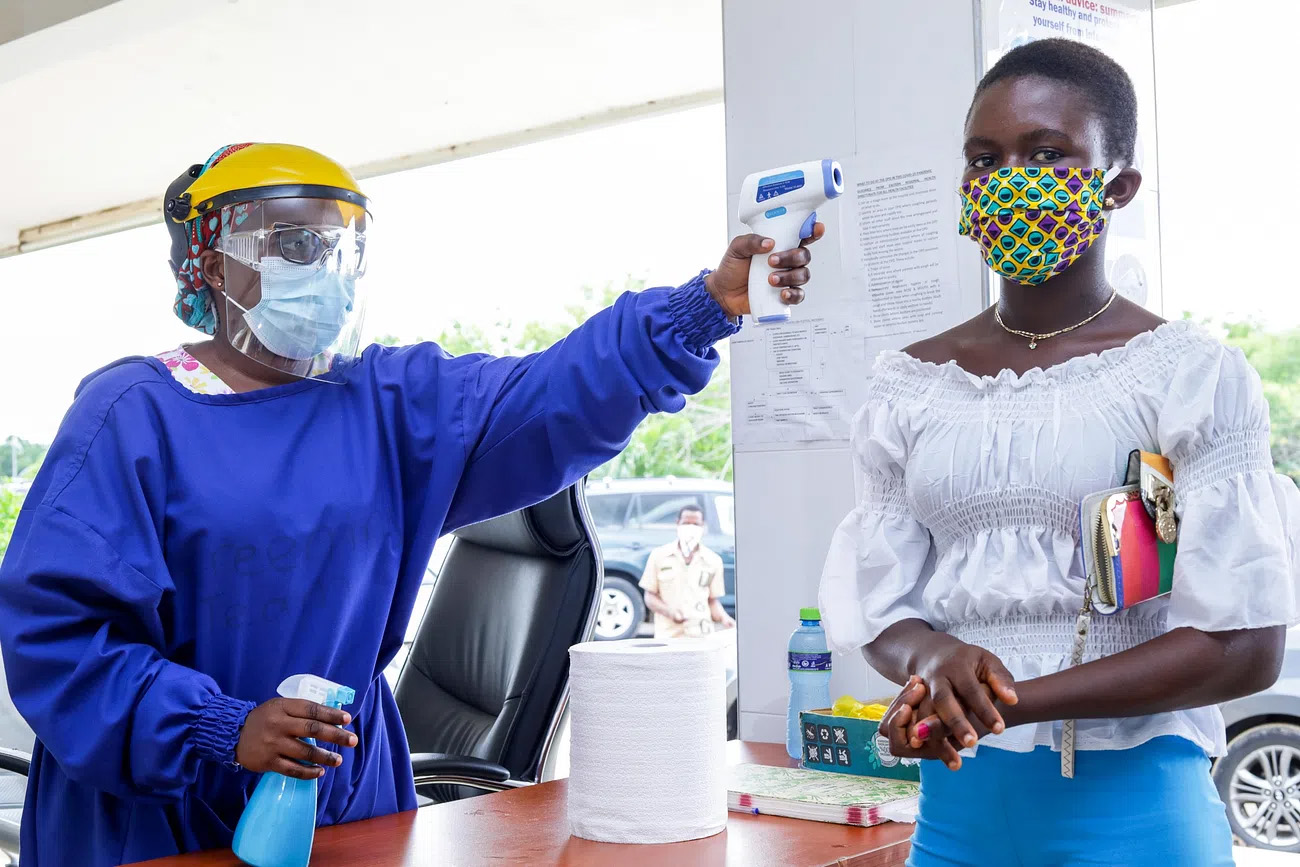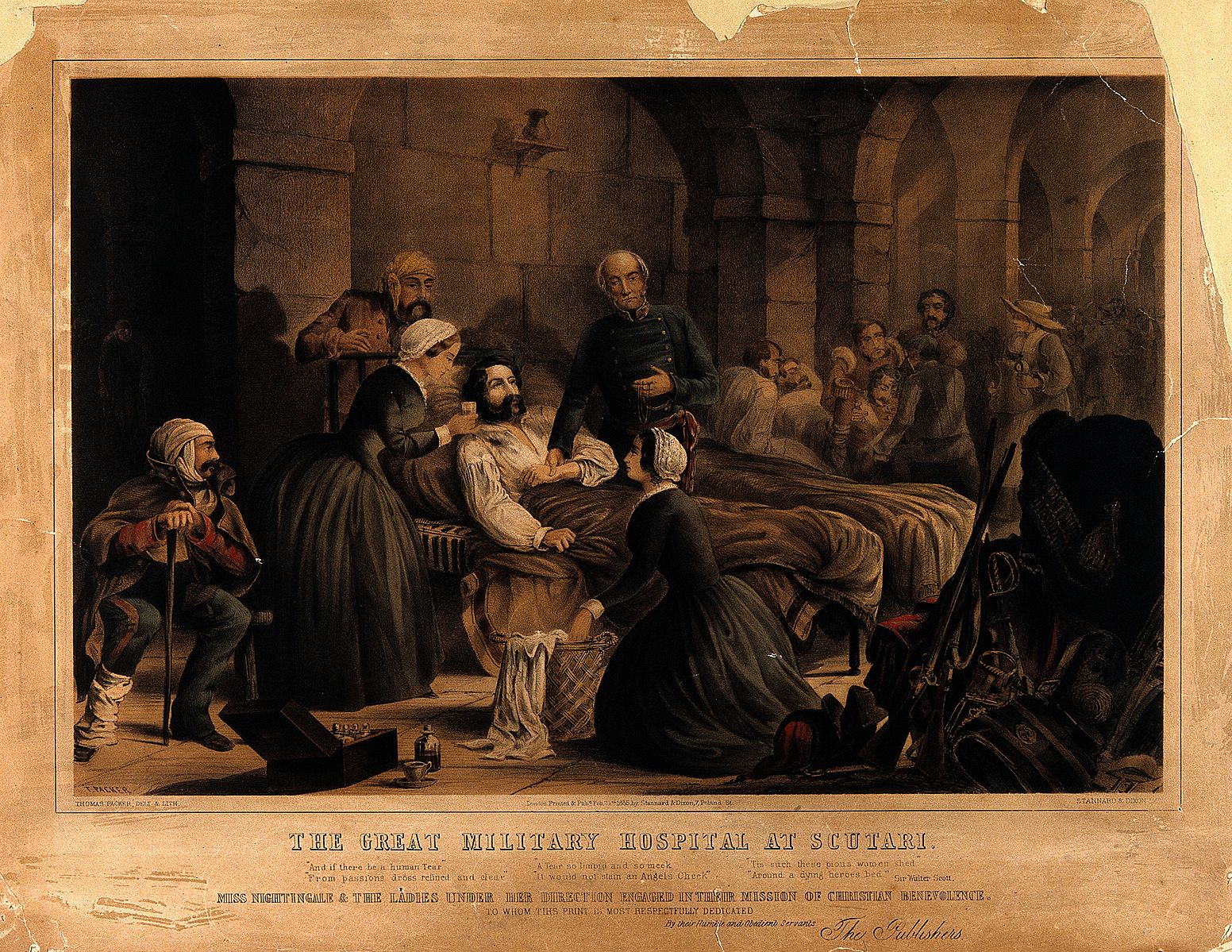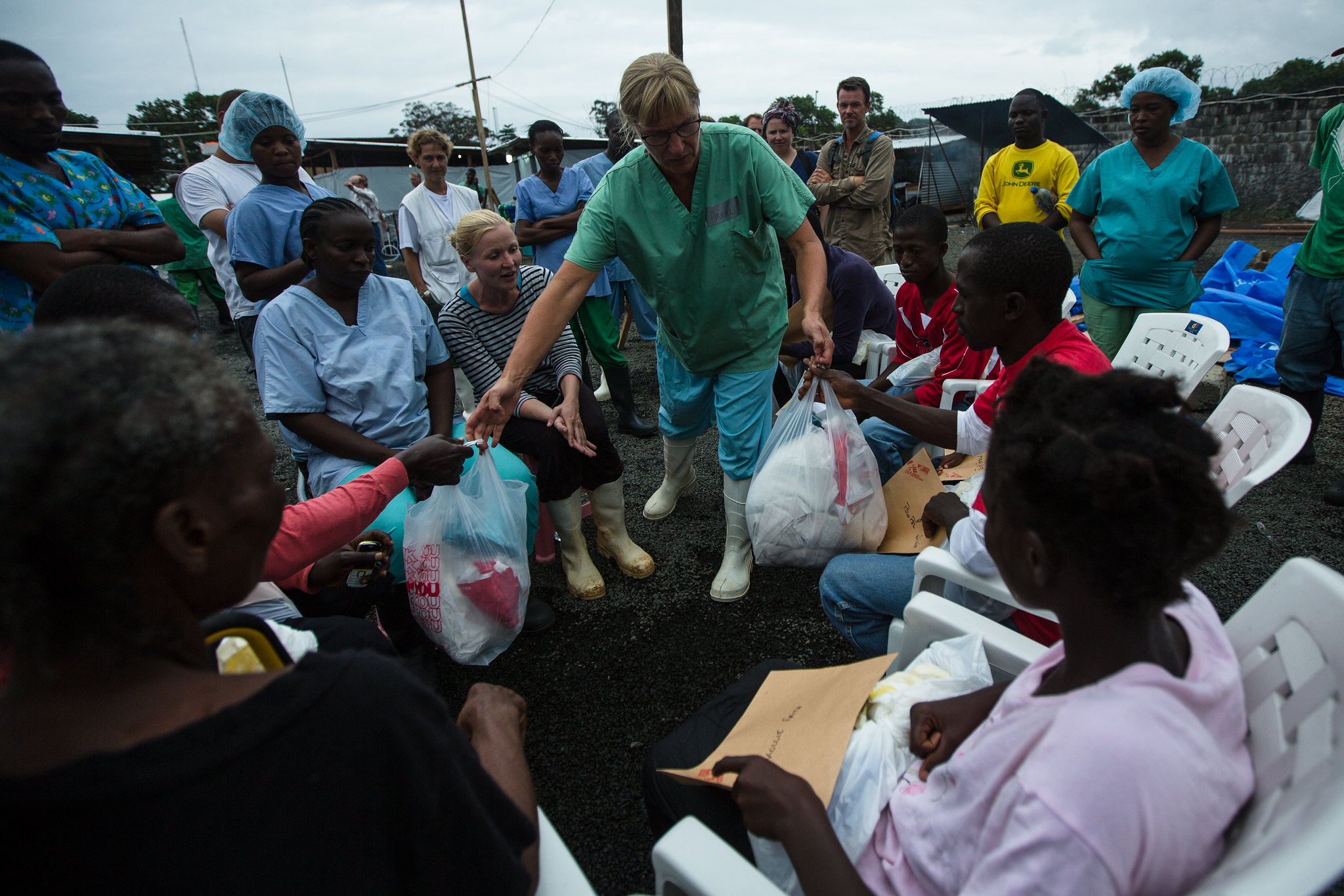Introduction
Nurses, the lifeline of healthcare systems, leap into action during a crisis.
Whether it's responding to a medical emergency, a car accident, natural disaster, or a mental health crisis, nurses are often there, ready to lend a hand. With an innate sense of duty and a vast array of skills, nurses play an indispensable role, often being the first on the scene to provide aid and comfort. In a crisis situation, there is no one better to have in your corner than a nurse.
Today’s article celebrates the unique skillset of nurses and their long history of leading in crisis situations. Furthermore, we'll explore how you can be crisis-ready and find ways to volunteer your aid, leveraging your unique nursing skills and experience.
What is a crisis?
A crisis can be defined as an unexpected and potentially dangerous situation requiring immediate action.
This can range from wide-scaling crises such as a natural disaster, a terrorist attack, or an outbreak of disease. On a more individual level, it might include a medical emergency or a mental health crisis.
These events demand immediate intervention, and healthcare professionals, including nurses, are essential in these high-stress scenarios. Crises test the limits of healthcare systems and those within them, calling for well-structured crisis management.
Why are nurses important during a crisis?
Nurses are the backbone of the healthcare system, especially during a crisis. They represent the largest percentage of healthcare professionals in Australia. Nurses are the most likely healthcare professionals to be there when a crisis occurs.
Why are nurses so important during a crisis? Here’s a couple of reasons:
- Hands-on Skills: Nurses have years of hands-on experience, some in many areas of advanced practice and anaesthetics. In places such as New Mexico., nurses even have full autonomy.
- Adaptability: Nurses are trained to navigate complex situations and handle high-stress environments, a vital skill during crises.
- Leadership: Nurses often take the lead in patient care, coordinating with other medical professionals and even supervising teams. Their ability to make quick, informed decisions and guide others is essential, especially in times of crisis.
- Emotional Intelligence: Daily intense work has built nurses' resilience and empathy. In crises, they become counsellors, therapists, mediators, and empathetic leaders.
- Risk Assessment: Nurses are trained in assessing risks in medical care and emergencies. Their skill in evaluating the severity of situations and prioritising actions is crucial in crisis leadership.
- Collaboration: Nurses excel in collaborating with doctors and other healthcare professionals. They weave together different aspects of care, interlinking various services to ensure that individuals receive comprehensive attention during a crisis.
Examples of how nurses have led during a crisis
The COVID-19 pandemic
In recent memory, nurses were at the forefront of the fight against COVID-19, working tirelessly in hospitals and clinics around the world, many leading teams of nurses in response to the then-growing pandemic.
They faced many challenges, such as lack of personal protective equipment, long working hours, emotional stress, and risk of infection. Nurses also played a key role in educating the public, administering vaccines, and supporting patients and families.
According to the World Health Organization, more than 2.5 million health workers were infected with COVID-19 by February 2021, and many of them were nurses
Nurses have also consistently been on the front lines of other global health crises, such as the Ebola, and SARS outbreaks. They have shown courage, compassion, and resilience in providing care to those affected by these outbreaks, often in resource-limited settings.

The Crimean War (1853-1856)
Florence Nightingale revolutionised nursing during the 19th century Crimean War, pioneering improved hygiene and sanitation practices.
She led a team of nurses to care for wounded soldiers in Scutari, Turkey, where she observed high mortality rates due to infections and poor conditions. She implemented reforms such as cleaning the wards, providing fresh food and water, and collecting data on health outcomes.
She gained fame as the “Lady with the Lamp” for her nightly rounds to comfort patients and became the benchmark for nursing leadership moving forward. Her approach and leadership in nursing shaped the profession to come.

Crimean War: Florence Nightingale and nurses. Line engraving is licensed under CC BY 4.0.
9/11
Whether responding to terrorist attacks or providing aid during hurricanes and earthquakes, nurses step up en masse to volunteer their expertise.
On September 11, 2001, nurses were among the first responders who rushed to the scenes of the attacks on the World Trade Center and the Pentagon. They triaged with other emergency services and treated thousands of victims, many with severe burns and injuries, despite the potential risk of fumes and other inhalants from the aftermath.
In the aftermath of 9/11, nurses continued to care for those affected by the disaster, particularly in regards to post-traumatic stress disorder (PTSD) and mental health challenges, as well as cope with their own trauma and grief.
Médecins Sans Frontières (MSF)
Many nurses serve with international organisations like Médecins Sans Frontières / Doctors Without Borders (MSF), going to war zones and other dangerous areas to provide medical care.
MSF is an independent humanitarian organisation that delivers emergency aid to people affected by armed conflict, epidemics, natural disasters, and exclusion from health care. More than 50% of MSF's members are nurses! MSF nurses work in a variety of settings, such as hospitals, clinics, mobile units, vaccination campaigns, and mental health programs. They perform tasks such as wound care, surgery, maternal health, infection control, health education, and supervision. They also face many challenges, such as insecurity, violence, cultural barriers, ethical dilemmas, and limited resources.

"Doctors Without Borders staff distribute take-home kits for Ebola survivors in Liberia" by #ISurvivedEbola is licensed under CC BY 2.0.
How you can help during a crisis
With a long history associated with crisis response, how can you, as a nurse, ensure you ready to lead during a crisis? How can you become more in tune with emergency situations and volunteer effectively? Here are some ways to help:
- Hands-on Skills: Nurses have years of hands-on experience, some in many areas of advanced practice and anaesthetics. In places such as New Mexico., nurses even have full autonomy.
- Adaptability: Nurses are trained to navigate complex situations and handle high-stress environments, a vital skill during crises.
- Leadership: Nurses often take the lead in patient care, coordinating with other medical professionals and even supervising teams. Their ability to make quick, informed decisions and guide others is essential, especially in times of crisis.
- Emotional Intelligence: Daily intense work has built nurses' resilience and empathy. In crises, they become counsellors, therapists, mediators, and empathetic leaders.
- Risk Assessment: Nurses are trained in assessing risks in medical care and emergencies. Their skill in evaluating the severity of situations and prioritising actions is crucial in crisis leadership.
- Collaboration: Nurses excel in collaborating with doctors and other healthcare professionals. They weave together different aspects of care, interlinking various services to ensure that individuals receive comprehensive attention during a crisis.
Conclusion
As a nurse, you are more than just a healthcare provider; you are the embodiment of resilience, adaptability, and compassion.
Your hands-on skills, leadership qualities, emotional intelligence, risk assessment abilities, and collaborative ability are not only essential in day-to-day healthcare but become the cornerstones of crisis response.
From the Crimean War to COVID-19, nurses have proven time and again their capability to lead, comfort, and heal, making you the lifeline of healthcare systems around the globe.
By being crisis-ready and continually developing your skills and compassion, you position yourself to respond effectively to urgent needs. Your empathy, skill, and leadership aren’t just tools for the moment — they contribute to a stronger, more resilient community and healthcare system.
References






